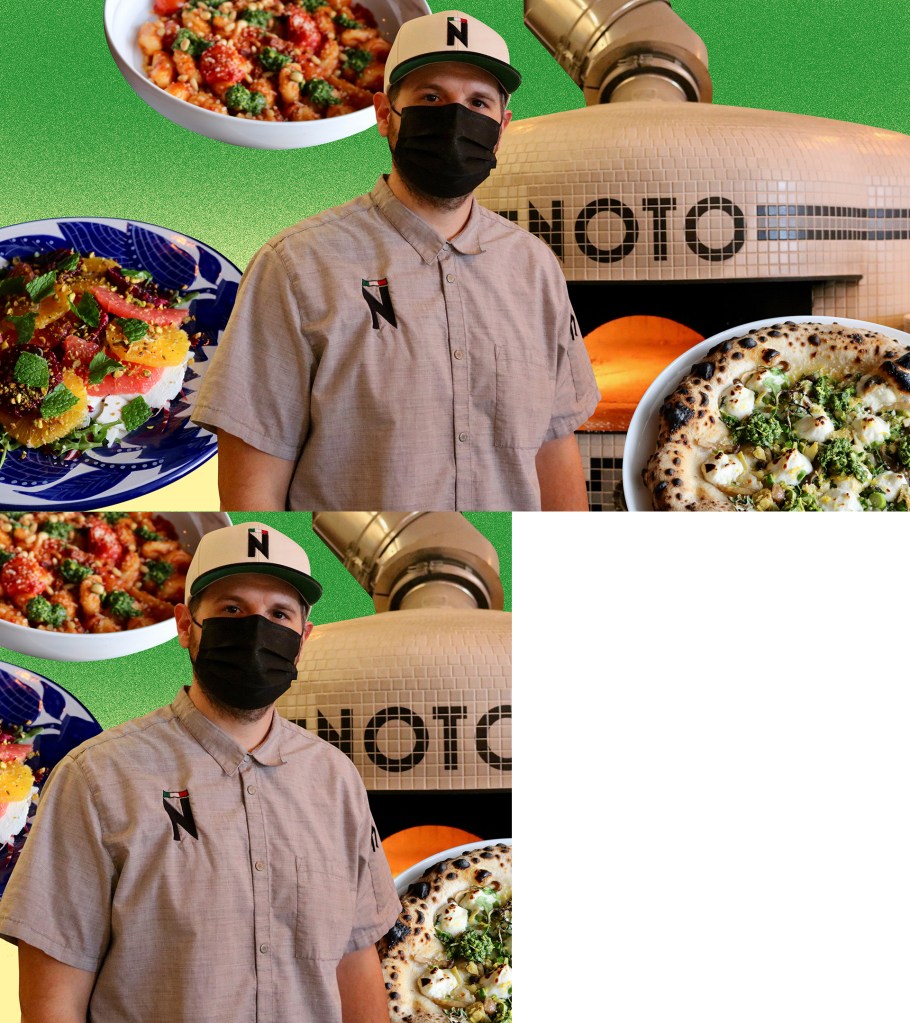Despite the human race’s nagging, back-burnered fears that non-sentient computerized entities will eventually take over the world and render us useless, maybe even using our discarded bodies as giant batteries while they render Earth into an automated dystopia, robots seem to be quietly slipping into our lives in friendly—and ever more visible—ways.
Take, for example, the robot-led Chinese restaurant that we visited in early September, where adorable bots lovingly whisked our sauces and brought us trays of steaming dumplings.
Videos by VICE
And then there was the Thai government recently spending nearly $1 million to develop a robot tongue that could detect the level of deliciousness of that green curry lunch special you just ordered. And why the incredibly expensive machinery instead of just a human palate to determine a restaurant’s culinary prowess? Maybe we’ve begun to favor, or at least increasingly trust, the unclouded judgment of a robot rather than the fallible opinions of our own species.
At least, food megacorporation Nestlé seems to think so. On Wednesday, Nestlé announced that its Japan branch would begin employing the in-store sales skills of a humanoid robot named Pepper for its line of Nescafé coffee machines. Pepper is allegedly the first robot with some semblance of empathy and intuition about human emotions—well, “intuition” being a slightly questionable designation, since its ability to read and respond to our feelings is guided by complex voice- and face-reading technology. Starting in December, Pepper will be your brand ambassador, appearing in appliance stores to explain Nescafé’s product options and engage in pleasant chitchat.
Nestlé envisions customers reacting with cheerful curiosity at the notion of getting to interact with a friendly robot—presumably as an alternative to the ho-hum notion of asking a bored, potentially pushy human sales associate about the details of buying a coffee machine. By the end of 2015, the company plans to have Pepper appear in roughly 1,000 different locations.
Kohzoh Takaoka, President and CEO of Nestlé Japan, says that he hopes the “new consumer engagement model” will soon become a worldwide trend “as an example of Japanese innovation.” But there are other companies that are currently taking the robot-service-worker idea for a spin as well.
This week, cruise line Royal Caribbean is debuting a robot-staffed bar on the Quantum of the Seas, one of its newest ships. Guests at the appropriately named Bionic Bar have two robotic arms at their service to take drink orders from tablets and prepare signature, classic, and custom drink orders on the spot, whether you like your mint muddled, your martini stirred, or your margarita shaken. (Human workers occasionally intervene as needed.) They can even apply garnishes. But you don’t need to hit the high seas for this level of service. Head to Illmenau, Germany, and you can rest easy at Robots Bar & Lounge, a robot-staffed bar that opened last year themed entirely around its nonhuman staff.
For now, these borg-y bars and restaurants may be for novelties. But with commercial space travel and 3-D printing creating a new norm, the day may not be too far away when we find ourselves flagging down a robot, without a second thought, to ask “Check, please.”



